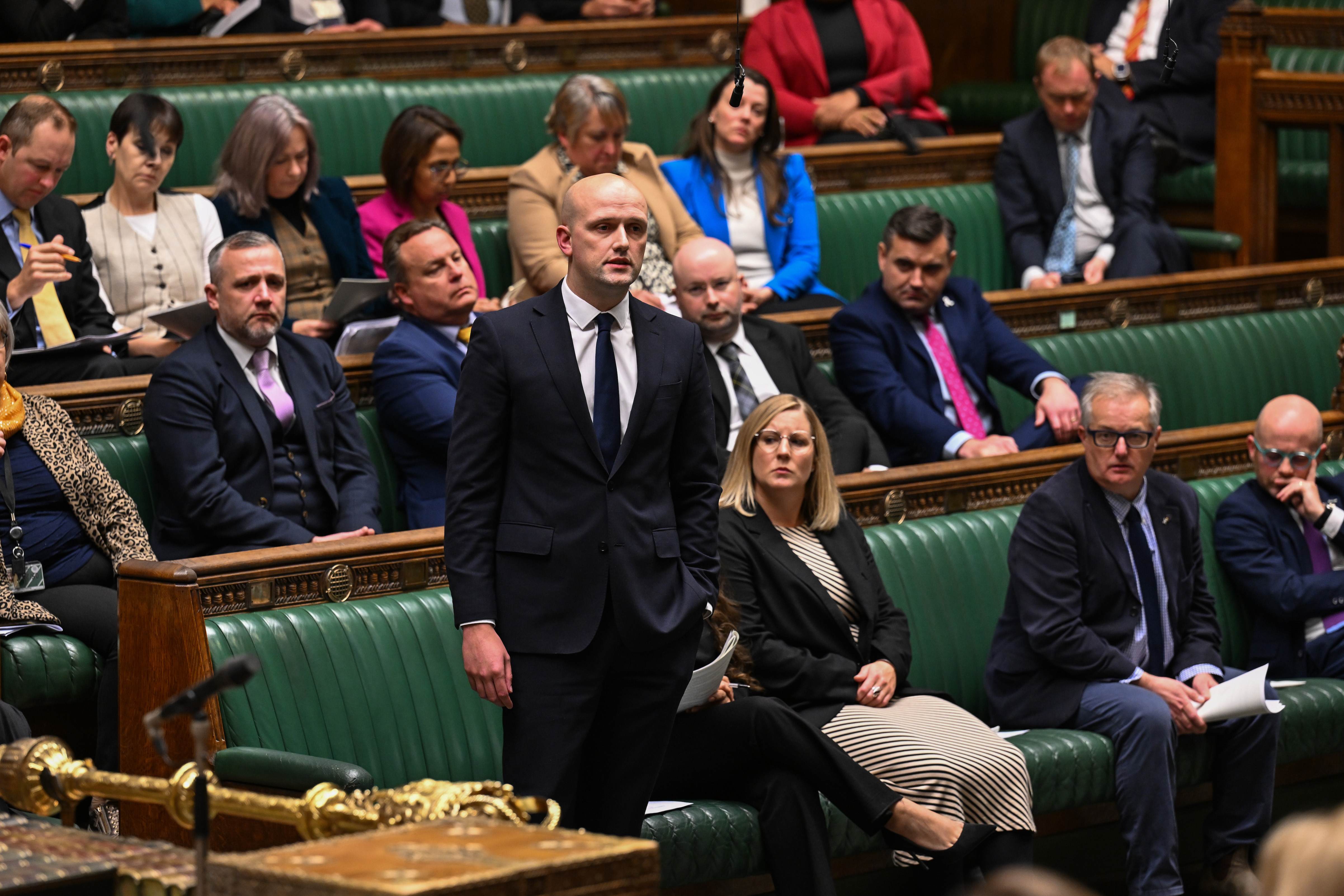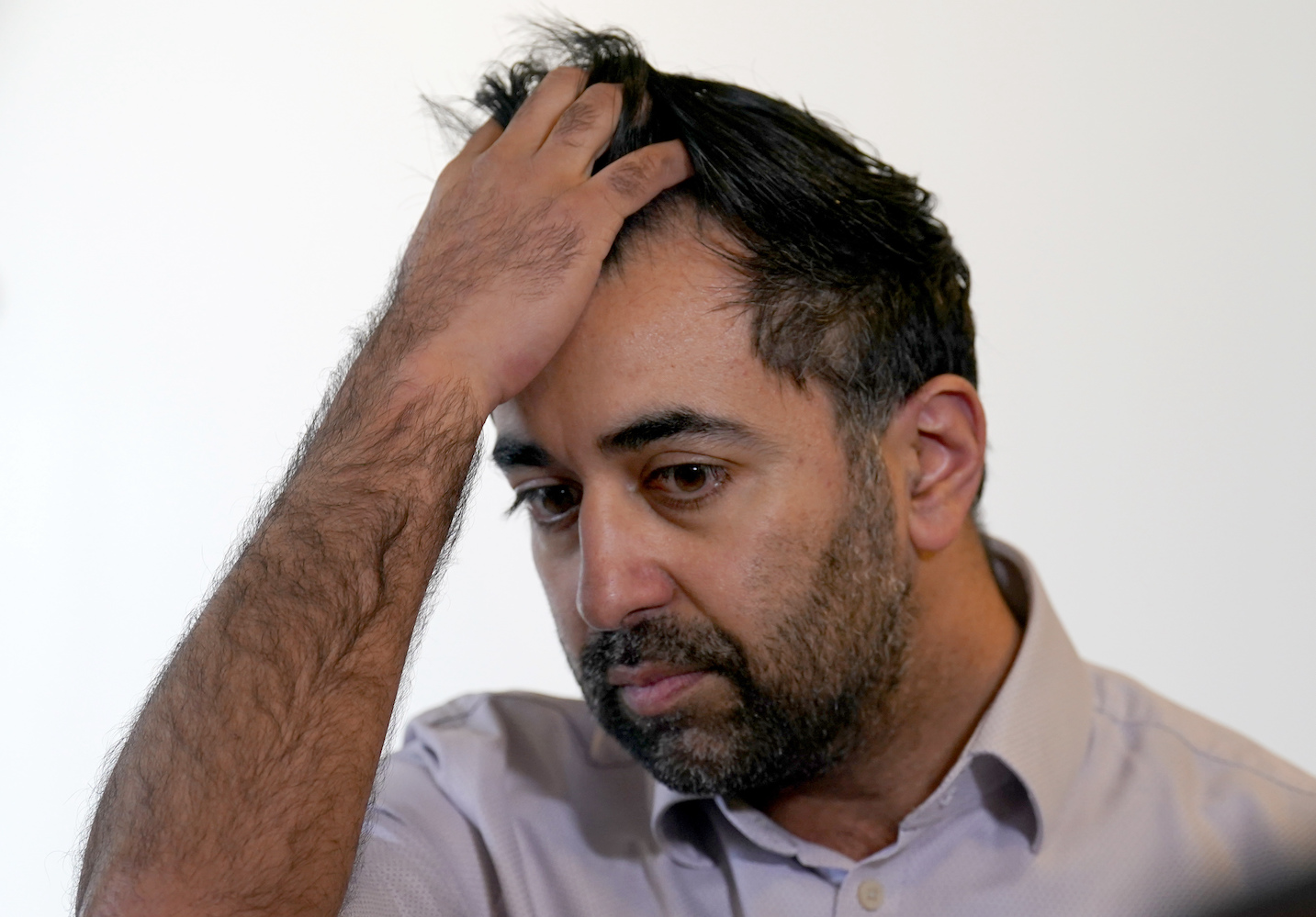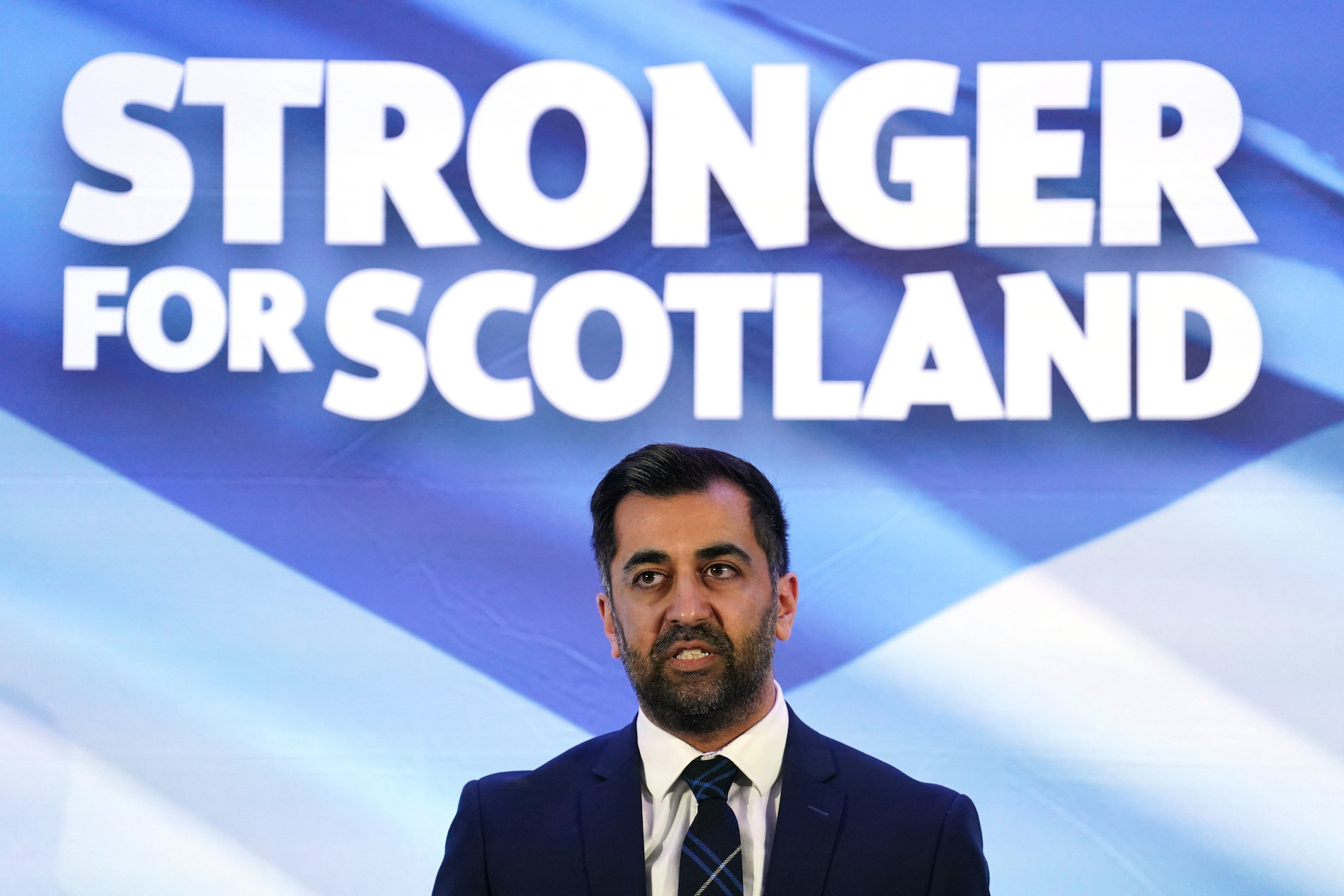Is prostitution legal in the UK?
Prostitution describes the offering and provision of sexual services for financial gain.
In the UK, with the exception of Northern Ireland (where buying sex is illegal), the law around prostitution is considered a grey area.
Prostitution itself is not illegal but there are a number of offences linked to it. For example it is an offence to control a prostitute for gain, or to keep a brothel.


Which countries legalise prostitution?
Currently there are a number of different legal frameworks in existence around the world in relation to prostitution. The three most cited are:
Legalisation
The legalisation model is the one followed in Austria, Germany and the Netherlands.
Prostitutes are classified as independent workers. They need to register, obtain a permit, and pay tax in order to work legally. Sex work is thus legalised, but regulated, with the aim of preventing exploitation, improving the conditions of sex workers, and reducing links with organised crime.
Critics of this approach include the group, the English Collective of Prostitutes who claim it benefits those running sex businesses rather than those working in them. They claim that a second clandestine tier of prostitution is driven underground, and that this leads to unsafe conditions for those involved.
It is also claimed that many prostitutes do not want to register under a legalised system as it threatens their anonymity.
Decriminalisation
Decriminalisation is the choice supported by many sex worker campaign groups, but also by Amnesty International, the World Health Organisation, and the Royal College of Nursing.
Decriminalization of prostitution is the regime operated in some American States, and in New Zealand. New Zealand is the only country in the world that takes this approach at a national level.
Decriminalisation removes all laws related to prostitution. It is said to allow sex workers to take control of their industry and help eliminate the exploitation that may exist with it. The New Zealand government has claimed that since sex work was decriminalised, trafficking has been all but eliminated, and 70% of sex workers say they are more likely to report violence to the police.
Critics of this approach argue it does do not solve larger issues like sexual exploitation, child prostitution, social and gender inequality, nor eliminate social stigma.
The Sex Buyer Law
This is also known as the Nordic Model. It aims to end the demand for, and thus eliminate, prostitution. Under the Nordic model, it is not illegal to sell sex, but it is illegal to buy it.
Supporters of this approach argue that prostitution can never be made safe or ever get close to the United Nation’s definition of ‘decent work’.
Critics of this approach argue that it fails to take account of the effects that this kind of legal framework has on the safety of sex workers, with many prostitutes simply being driven to operate further underground.
This system is in operation in Sweden, Norway, Iceland, France, Ireland, and Northern Ireland.
The political arguments around prostitution in the UK
As with all matters of sexuality, prostitution continues to be debated on both social and moral levels.
Social conservatives believe that prostitution is intrinsically and morally corrupt, and that it represents a challenge to family values. Many religious groups support making prostitution illegal, adding a further aspect to the debate. Leading feminists and women’s groups also favour legal controls, arguing that prostitution is degrading and exploitative in its nature.
Opponents of prostitution also argue that because prostitutes have large numbers of sexual partners, they are more likely to have sexually transmitted infections and be vectors for spreading these infections – adding a public health dimension to the debate.
Prostitution’s quasi-criminal status has led it to be closely associated with organised crime, poverty, drugs, child abuse and people trafficking. Modern slavery has risen up the political agenda in recent years, and this has again been linked with prostitution. There has been an increase in the ‘white slave trade’ from Eastern Europe and Russia, along with a general influx of organised crime, with many women being seen to live as virtual slaves.
On the other side of the debate, there are others who are argue that prostitution is a matter of personal choice between consenting adults. It is therefore not a matter for the state, or the criminal law.
Many of those who regard prostitution as a matter of private morality, do though still argue for legal regulation. Some argue that licensed brothels would help to ensure safety, taking sex workers off the streets and into more secure environments.
Others suggest the formal regulation of prostitution would help prevent health problems, bring in revenue to the Treasury through taxation, and remove the need for exploitative and abusive pimps.
AHistory of prostitution in the UK
The current legal framework in the UK does not clearly fall into the categories of legalisation, decriminalisation, or the Nordic model seen in other countries. This is how the legal regime has developed to date:
Early History
Prostitution is regularly referred to as ‘the oldest profession’, based on the suggestion that it meets the natural urges of humans in return for money. It is often claimed to be as old as civilisation itself.
In the Nineteenth Century, the Contagious Diseases Act of 1864 made it the law for women suspected of prostitution to register with the police and submit to an invasive medical examination. The Act was repealed in 1886.
Prostitution law in the UK was then further set out in the Sexual Offences Act 1956, which reflected the findings of the Wolfenden Committee.
The Wolfenden Committee had been set up in response to the increasing visibility of prostitutes in London during the early 1950s, along with an increase in the number of homosexual offences and media scandals being reported in the press at the time.
The Wolfenden Committee treated prostitution and its status in the law as a moral issue and this was reflected in the text of the 1956 Sexual Offences Act. This led to famous debates between Lord Devlin and the philosopher Herbert Hart. Stricter controls of street prostitution were recommended by the report, and these were put into effect in the Street Offences Act of 1959.
Early 2000s
In 2001, the Criminal Justice and Police Act 2001 created an offence to place advertisements relating to prostitution on, or in the immediate vicinity of, a public telephone box.
This provision was though to become less relevant in time with the emergence of mobile phones and the growth of the internet.
In terms of prostitution policy, the then Labour government said it wanted to reduce prostitution in the UK, but argued that legal controls were too blunt a tool. Instead in 2002 the Government made a total of £850,000 available for groups working in a multi-agency context to implement local strategies for reducing prostitution-related crime and disorder.
In late 2003, the Home Office announced its intention to review the laws on prostitution with the aim of overhauling the dated regulations of the 1956 Act. Subsequent amendments relating to prostitution were made under the Sexual Offences Act 2003 with regard to the following offences; “causing or inciting prostitution for gain”, “controlling prostitution for gain”, “penalties for keeping a brothel used for prostitution” and “extension of gender specific prostitution offences”.
The murders of five prostitutes in Ipswich in November and December 2006 reignited calls for a new approach to tackling the issue.
In November 2008, the Home Office published the findings of a six month review into how the demand for prostitution could be reduced. Home Secretary Jacqui Smith, in a foreword to the review, stated: “So far, little attention has been focused on the sex buyer, the person responsible for creating the demand for prostitution markets. And it is time for that to change.”
But Government plans to create a new law under the Policing and Crime Bill, making it an offence to pay for sex with someone who is “controlled by another for gain”, caused particular controversy. Even if the person paying for sex was unaware that the prostitute was trafficked or controlled by a pimp, they would still be liable for prosecution and if convicted would be given a criminal record and a fine of up to £1,000.
The Bar Council warned that the offence as drafted risked convictions that may be seen as unfair by reasonable people and that such convictions would bring the criminal law into disrepute, particularly given the stigma that would result.
The Policing and Crime Bill, introduced to the Commons in December 2008, created a new offence of paying for sex with someone who is controlled for gain, and subjected to force, coercion or deception. The Act also introduced new powers to close brothels.
The Policing and Crime Act 2009 also modified the law on soliciting. It created a new offence for a person to persistently loiter in a street or public place so to solicit another for the purpose of obtaining a sexual service as a prostitute. The reference to a person in a street or public place includes a person in a motor vehicle in a street or public place. This replaced the offences of kerb crawling and persistent soliciting under sections 1 and 2 of the Sexual Offences Act 1985 with effect from 1 April 2010.
Since 2010
The Coalition government was strongly criticised in the Spring of 2010 for declining to support a proposal for an EU directive to prevent and combat trafficking in human beings and to protect the victims who were trafficked for different purposes, including into the sex industry.
The Government did, however, promise to review its decision when the finalised text was agreed and in March 2011, having scrutinised the final text, announced that it would now apply to opt in to the new EU directive (2011/36/EU) on trafficking in human beings.
In December 2011, the Home Office launched a national ‘Ugly Mugs’ pilot scheme to help protect sex workers from violent and abusive individuals. The Home Office provided £108,000 to fund the 12 month pilot which included establishing a national online network to bring together and support locally run ‘Ugly Mug’ schemes.
These local ‘Ugly Mug’, or dodgy punter schemes as they were labelled, have been running for some years and, according to the UK Network of Sex Work Projects, have proved very useful in passing on warnings to sex workers about dangerous people, as well as helping to increase the reporting, detection and conviction of crimes.
In March 2012, the Greater London Authority published a report on the policing of off-street sex work and sex trafficking in London. Entitled ‘Silence on Violence – improving the safety of women’, the report was written by Assembly Member Andrew Boff at the request of the then London Mayor, Boris Johnson.
Mr Boff found evidence that sex workers were reporting fewer crimes to police and that raids had increased in some parts of London. He made a number of recommendations including involving sex workers in police strategies that involve them, and around prioritising crime against sex workers by labelling it as a hate crime.
In 2014, the House of Commons All-Party Parliamentary Group on Prostitution and the Global Sex Trade undertook an inquiry into the current legal framework around prostitution in the UK. Their report concluded, “the law is incoherent at best and detrimental at worst. The legal settlement around prostitution sends no clear signals to women who sell sex, men who purchase it, courts and the criminal justice system, the police or local authorities”.
The group recommended the introduction of a ‘sex buyer law’ to shift “the burden of criminality from those who are the most marginalised and vulnerable – to those that create the demand in the first place”.
This report was followed up by a 2016 inquiry by the Commons Home Affairs Select Committee. The inquiry investigated the varying approach of countries that had both legalised prostitution and brought in sex buyer laws. The Committee’s report did not recommend either of the two options and called for more evidence to be made available around this particular debate.
Responding to the Select Committee, the government agreed there was a need for greater evidence and allocated £150,000 to the University of Bristol to lead this research. The then Home Office minister Victoria Atkins stated that the Government’s focus “remains on protecting those selling sex from harm and enabling the police to target those who exploit vulnerable people involved in prostitution”.
Prostitution UK Quotes
“The existence of prostitution in our society is a highly emotive issue that often polarises opinion and prompts passionate debate, with a range of views and positions. For example some people will argue that prostitution is an inherently exploitative activity and should be challenged at every level and demand a zero tolerance approach, others have a position that engaging in sex work is a matter of personal choice for individuals who need to be protected and respected by the Police Service and wider society” – The National Police Chiefs’ Council operational guidance for police forces to follow when responding to prostitution, National Policing Sex Work Guidance, December 2015.
“There is a group in London who are at least 12 times more likely to be murdered than the national average. Approximately three quarters of those within this category will also be subjected to violence, assault and rape. However this group often distrusts the police and are much less willing to report crimes against them than the national average. he group referred to are sex workers and it is imperative that we improve their safety in London.” – Andrew Boff, Leader of the Conservative group in the London Assembly – 2012
Comment: Want to know how to make sex work safe? Ask sex workers


























